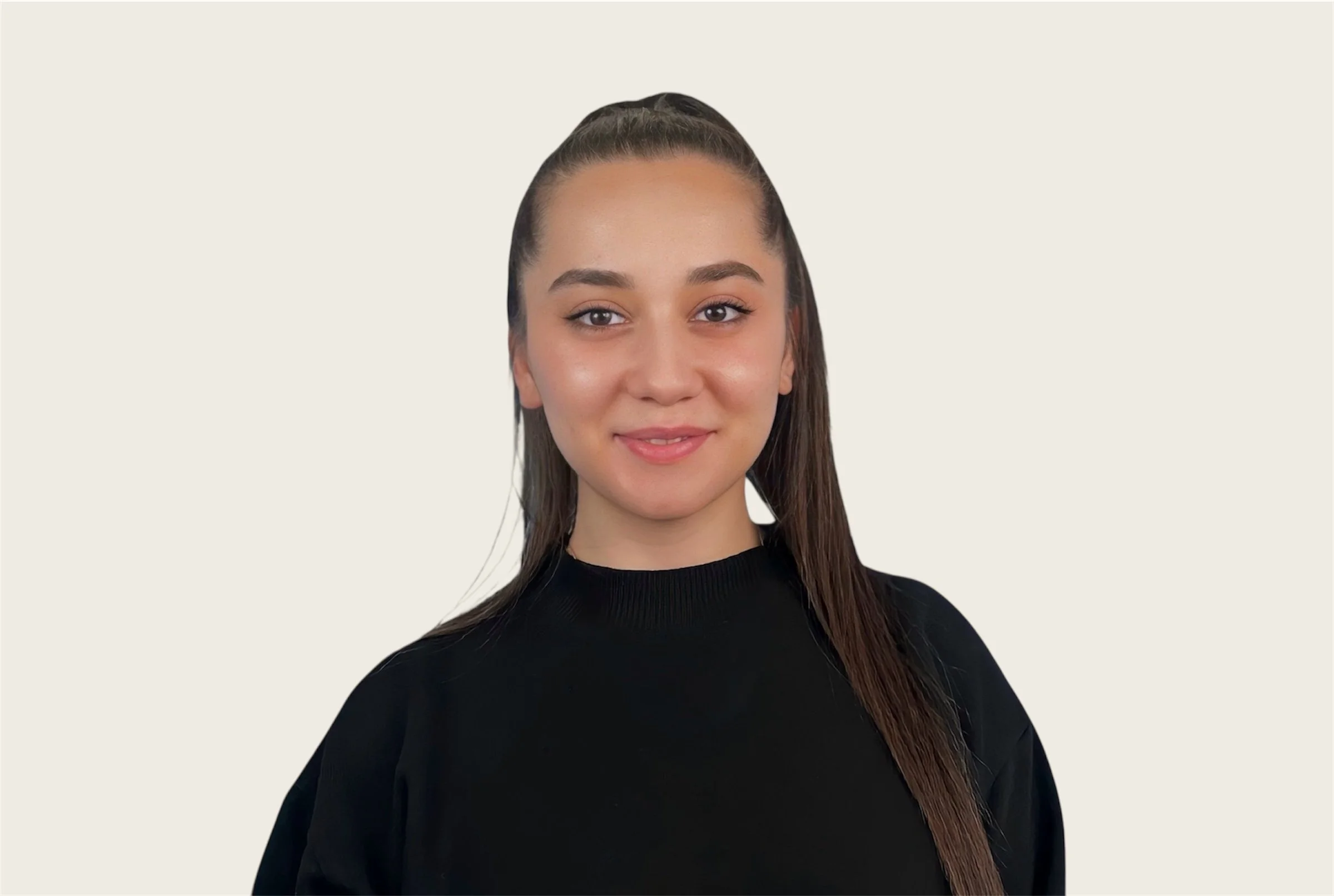Theodore Zwang, Ph.D.
Theodore Zwang is an Assistant Professor of Neurology at Massachusetts General Hospital and Harvard Medical School, where he studies ways that neurons and their circuits change with age and Alzheimer’s disease with the goal of determining the trajectory of changes that lead to neurodegeneration.
He obtained a Ph.D from the California Institute of Technology (2018), working with Professor Jacqueline K. Barton in the Department of Chemistry and Chemical Engineering. He took advantage of a variety of chemistry and physical techniques to understand the role of DNA-mediated electrochemistry in biological processes. This work provides insight into a mechanism by which proteins can detect and repair DNA-lesions rapidly, before they become deleterious.
He subsequently became a postdoctoral scholar with Professor Charles Lieber in the Department of Chemistry and Chemical Biology at Harvard University. He shifted the focus of my work to developing biomimetic neurotechnology that allows for persistent recording of activity across brain regions. He took advantage of my background in chemistry to provide new ways to control the interface between implantable probes and the brain.
He then received a Pathway to Independence Award from the National Institute on Aging to transition his work towards Alzheimer’s disease, and received comprehensive training from Professor Bradley Hyman at Massachusetts General Hospital and Harvard Medical School.
*Photo by Celia Muto
Dr. John Trojanowski Grant, CART Foundation
Satter Fellow
Toffler Scholar
Harrison Gardner, Jr. Innovation Award
NIH-NIA Pathway to Independence Award K99/R00
National Science Foundation Graduate Research Fellowship
Frank Prakhurst Brackett, Jr., and Davida Wark Brackett Prize
National Science Foundation Research Experience at the Biology/Math Interface
Howard Hughes Medical Institute Summer Fellowship
Pomona College Chemistry Department Summer Fellowship
2025
2023
2023
2021
2020
2012
2011
2011
2010
2009
Honors and Awards
Meet the Team
-

Dina Hashoul Ph.D.
Postdoctoral Research Fellow
Hi, I’m a postdoctoral fellow studying how neurons die in Alzheimer’s disease (AD). My current work focuses on identifying vulnerable neurons in human postmortem brain tissue by integrating spatial proteomics. I aim to capture and analyze neurons to uncover molecular signatures that map the trajectory of structural and functional decline. Ultimately, my goal is to distinguish between protective and harmful molecular events better to understand the early mechanisms of neurodegeneration in AD.
I hold a Ph.D. in Nanotechnology/Chemical Engineering, where I investigated transcriptomic, proteomic, and metabolomic changes in immune cells in response to novel molecular cues. My research involved developing custom tools to explore overlooked signaling pathways, particularly the role of small, volatile molecules in immune cell communication. I applied CRISPR/Cas9 gene editing, bioinformatics, and lipid-based delivery systems to explore how these molecules influence inflammation. I also have a master’s degree in Pharmaceutical Sciences, with a focus on organic synthesis and molecular diagnostics. During this time, I developed fluorescently labeled peptide nucleic acid (PNA) probes for detecting long non-coding RNAs in cancerous tissue, designed to enhance fluorescence-guided surgery for improved tumor resection. -

Viktor Chanchykov
Research Technician II
I graduated UCLA in December 2023 with a Bachelor's of Science in Psychological Biology. During my undergraduate career as part of the Poe Lab, I investigated sleep dysregulation-driven behavioral effects of opioid withdrawal on learning and memory. After graduating, I worked in the Cannon Lab and looked at pharmacological and genetic interventions for Hypokalemic Periodic Paralysis. I joined the Zwang Lab in August 2024 because I was interested in studying Alzheimer’s-driven learning impairments and gaining an insight into electrophysiological techniques for studying brain circuitry. My overall interests lie in using histological, electrophysiological, and behavioral techniques to study learning and memory pathways and their associated dysregulations in animal models. In the future, I’m planning to attend graduate school for a PhD in Neuroscience and continue conducting research as a university professor. Outside of the lab, I enjoy going to museums (especially modern art ones), reading books, and playing video games (although, I barely get any time to do that this year). I recently became interested in the life and works of Vincent Van Gogh, so ask me about my favorite painting of his!
-

Haoyang Zhu
Research Technician I
Hi, I'm Haoyang Zhu. I completed my undergraduate studies in Molecular and Cellular Biology at UC Berkeley, and I’m currently working as a research technician in the Zwang lab. My research focuses on deciphering the morphological and molecular changes in dying neurons, which can be predicted through inspecting the alterations in their local microstructures, such as an enlarged three-nearest-neighbor distance.
Outside the lab, I enjoy going to the gym, watching movies, and playing frisbee. Lately, I’ve been eager to improve my cooking skills—though I still have a long way to go! -
Ergina Agastra
Undergraduate Research Assistant
I am an undergraduate at Northeastern University majoring in Behavioral Neuroscience and Data Science, currently completing my second co-op in the Zwang Lab. During my previous co-op at Dana-Farber Cancer Institute, I contributed to precision oncology research by curating genomic variants from next-generation sequencing data and supporting clinical studies on rare pediatric cancers. I joined the Zwang Lab in January 2025 to explore the mechanisms underlying Alzheimer’s disease and gain practical experience with electrophysiology and neural circuit analysis. My current work focuses on using injectable mesh electronics to study how neural activity and circuit dynamics change during normal aging and in models of Alzheimer’s-related pathology. In the future, I plan to pursue a PhD in Neuropsychology to continue exploring the links between brain circuitry, cognition, and behavior.
Lab Alumni
-
Elizabeth Bader
Research Technician
-
Joshua Bailey
Research Technician
-
Yahya Elouadi
HMS Project Success Student
-
Rudy Gelb-Bicknell
Research Technician
-
Zachary Hoglund
Co-op Student
-
Piotr Kierner
HMS Project Success Student
-
Sebastian Kinzie
Summer Student
-
Maria Lysandrou
Research Technician
-
Lois Nfor
Co-op Student
-
Clara Rossignol
Master’s Student

